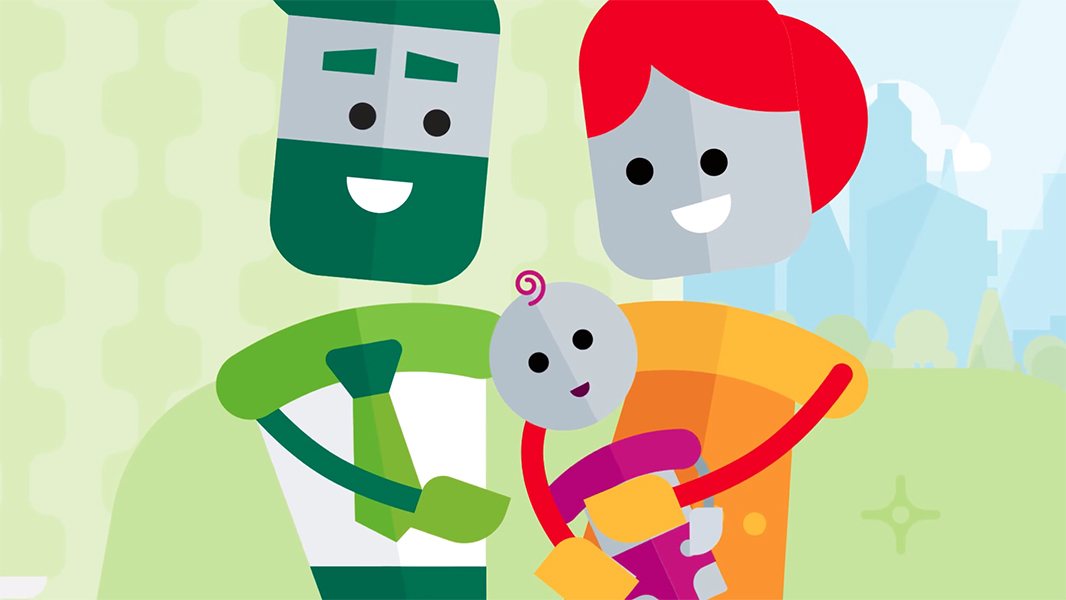
Coping with a crying baby can be very hard, stressful and difficult. It can be very difficult to work out what they need. Babies start to cry frequently from around two weeks of age, some cry more than others. If you are worried your baby may be ill, always seek medical help.
Think also about how you will look after yourself whilst you are feeling tired and stressed. What support and help can you get? Speak to a family member or friend, your health visitor or GP, maybe you have a support worker you can talk to?
Babies cry, you can cope. These four ‘ICON’ steps will help:
I – Infant crying is normal
Babies cry for all sorts of reasons, so the first step is to know that infant crying is normal – it’s their way of getting your attention and it will stop.
C – Comfort your baby
Check whether your baby is uncomfortable. Are they hungry or do they need a nappy change? Cuddle your baby, calmly and gently interact with them. Try rocking them gently, walking with them safely held, play music or sing to them. Different things work for different babies.
The NSPCC’s Handle with Care information gives you ideas on how to hold your baby. Different babies like being held in different ways.
You can’t spoil a baby by giving them too many cuddles. Leaving them to cry for long periods of time won’t help them and will cause you more stress in the long-term. Getting angry will only add to the stress and your baby will react to this by crying more.
O – It’s okay to walk away (if you’ve checked your baby is safe)
Remember that your mental health is important too. If you’re feeling very stressed with crying, place your baby safely in the cot and leave the room. It’s okay to walk away after you’ve checked your baby is safe. Take some deep breaths to help you feel calm. After a few minutes when you are feeling calm, go back and check on your baby.
N- NEVER, ever shake or hurt a baby
Shaking or smacking a baby is never okay and is likely to cause serious, life changing damage or death.
If your baby has been shaken you MUST get medical help immediately. Do not delay.
The ICON website has helpful videos and advice for mums and dads about infant crying, comfort methods and the harm that shaking a baby can cause.






